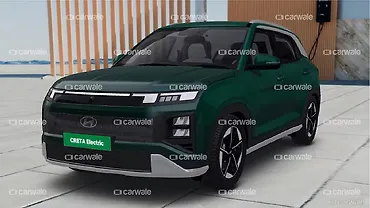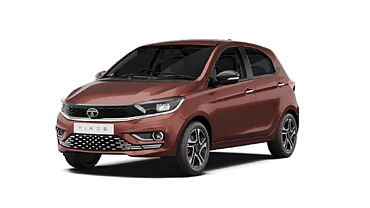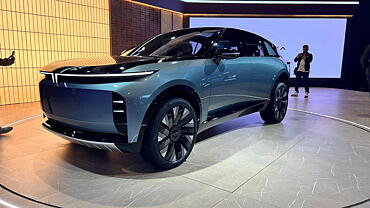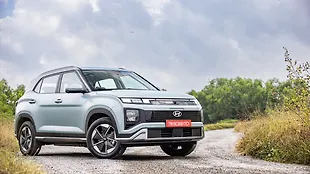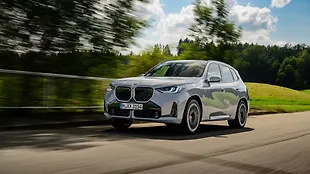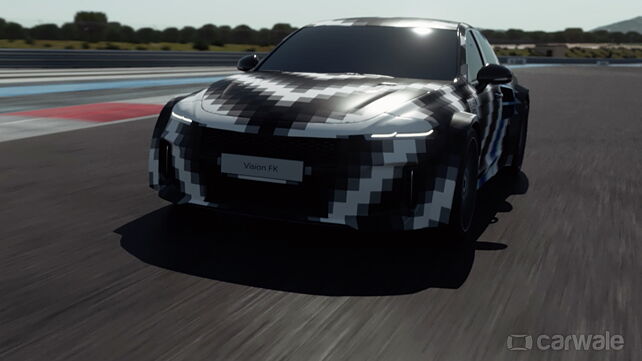
-Called Vision FK, it can hit 100kmph in under 4 seconds
-Will introduce next- generation fuel cell system in 2023
We were blown away when we drove Hyundai’s FCEV, the Nexo in Korea and you can read about it here. Not only was it quick but also green with a brilliant range of 570-600 km. And now they’ve just showcased a concept hydrogen-powered hybrid sports car named the Vision FK. With a maximum output of over 500kW, the Vision FK concept can accelerate from 0-100kmph in less than four seconds. Combining a fuel cell energy converter with a high-power, RWD, plug-in powertrain, the Vision FK aims to achieve over 600 km in range. Now, something like that in production guise would be amazing.

All this is thanks to the development of Hyundai’s third generation fuel cell technology. The third-generation fuel cell stack will succeed NEXO’s current stack. Hyundai has showcased two power versions of the third-generation fuel cell stack, 100kW and 200kW. The 100kW stack has reduced in size by an astounding 30 per cent, making it 70 per cent in size from the current generation stack to make it easier to apply to different vehicle types and applications. The 200kW version has been designed for commercial vehicle applications and is similar in size to the current Nexo system, but the power output has doubled. Furthermore, the price of the third-generation fuel cell stack will be dramatically reduced, with projections being upwards of more than 50 percent – which will be the key factor to achieving cost parity of FCEVs with BEVs by 2030.

With flexibility and modularity at its core, the third-generation system can also be applied in various application forms. A new Power Unit Module can offer a range of outputs from 500kW to 1MW by stacking 100kW modular units, ideal for use as an emergency power system for large ships or IT companies. Fuel cell systems are not only being used commercially for vehicles such as the Nexo SUV, Elec City Bus and Xcient Fuel Cell truck, but also have the potential for deployment across diverse applications by 2040, including high-performance vehicles, urban air mobility, robots, aircrafts and large ships
Is fuel cell technology the next step for a green future? Or will BEVs come up with something smarter? That remains to be seen. What is clear though is that Hyundai has been making giant strides in FCEV technology and it’s not too long that this technology will start trickling on to Indian shores as well.


